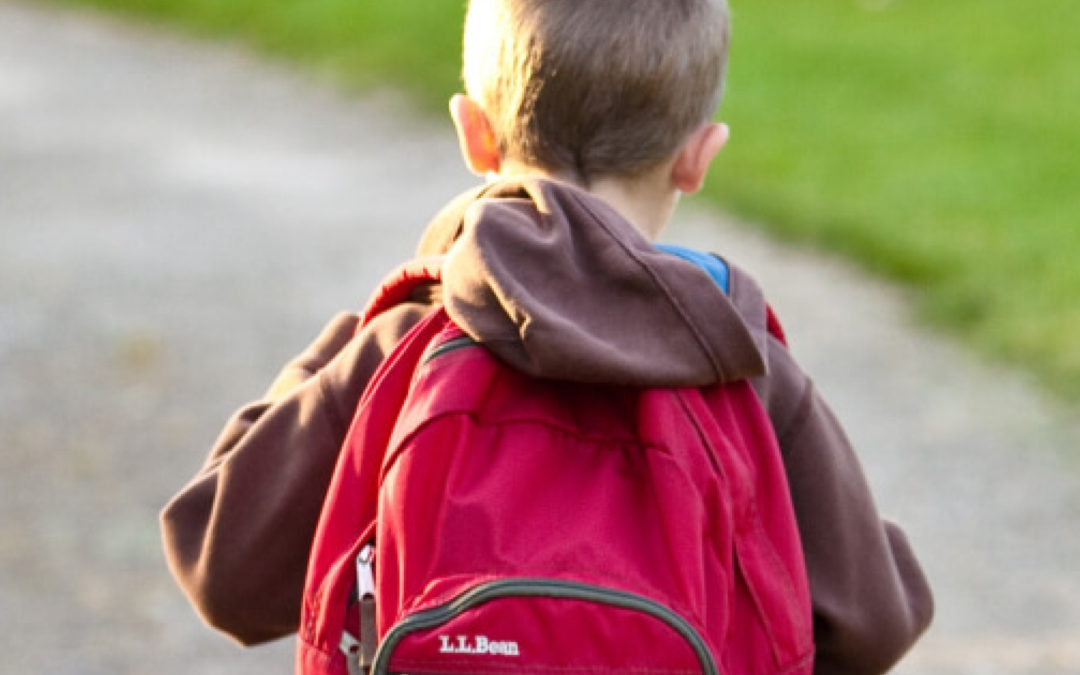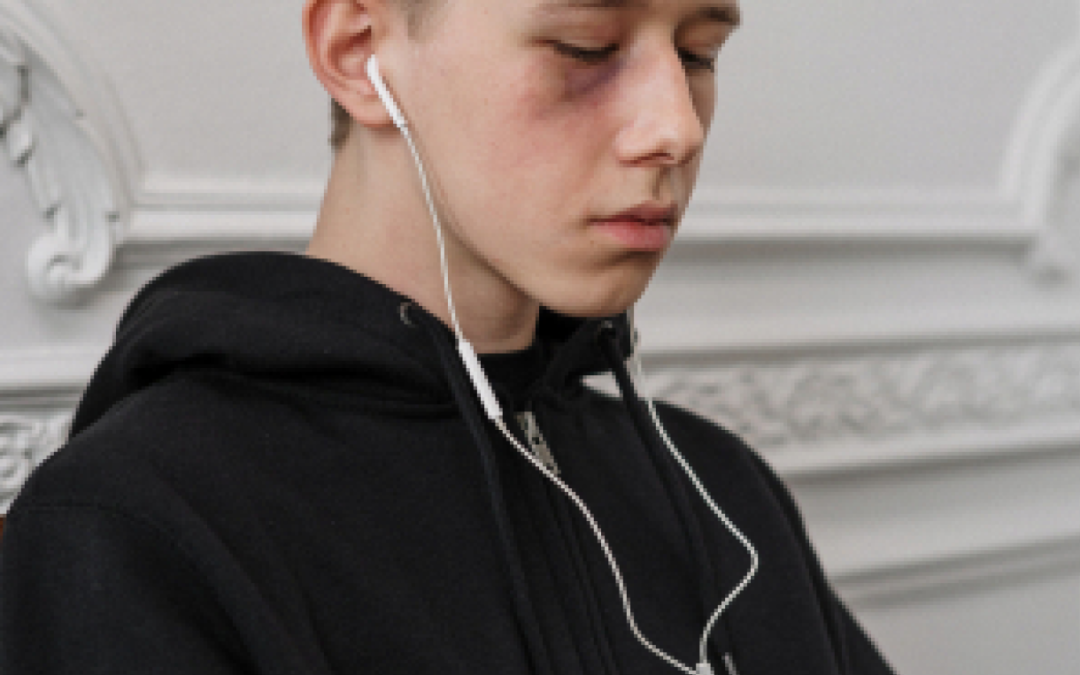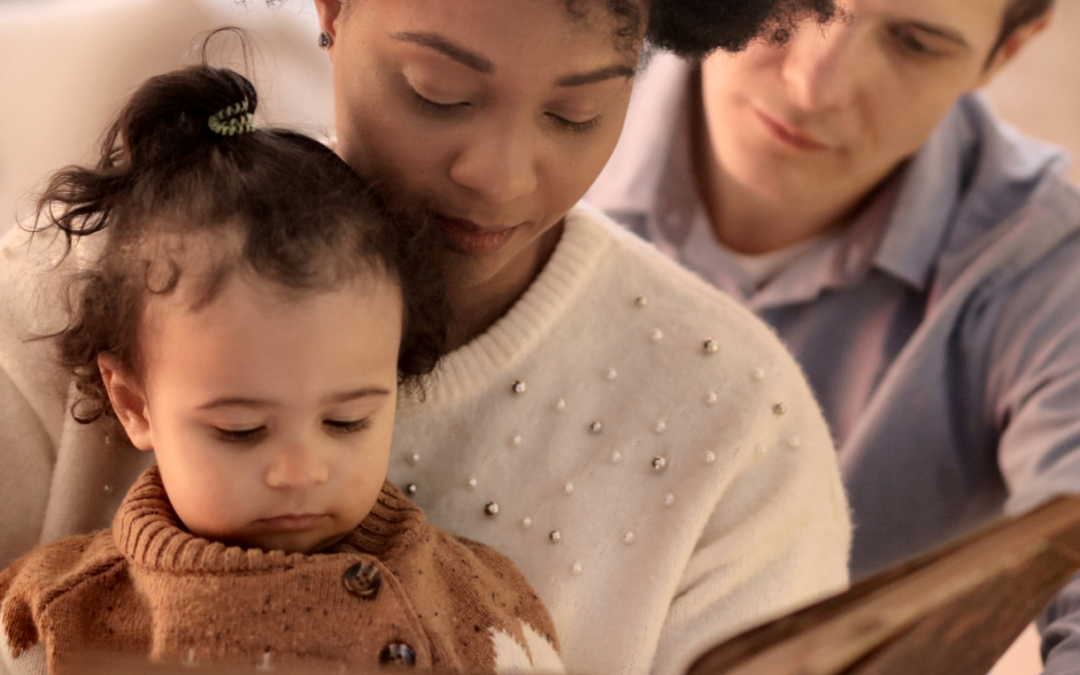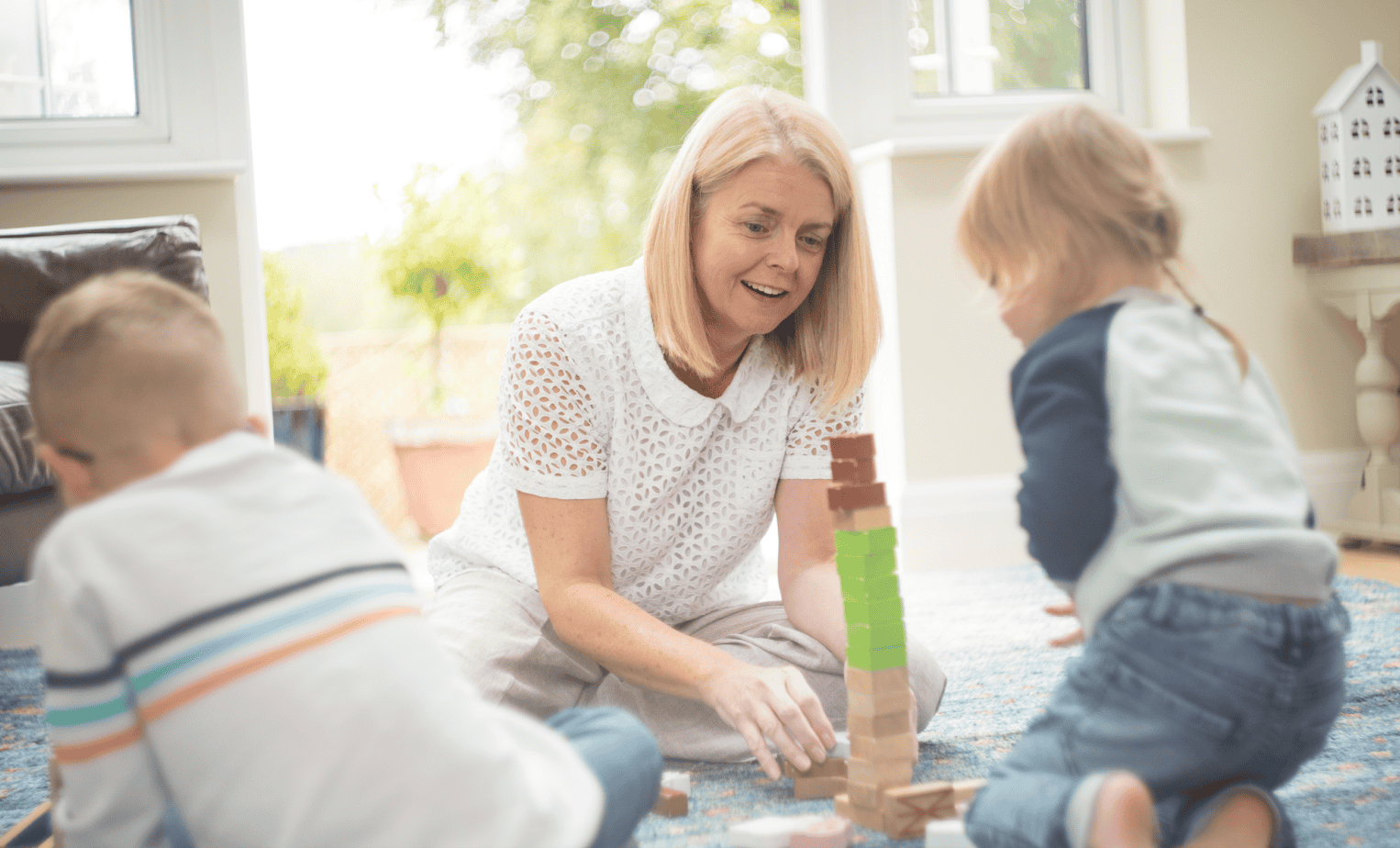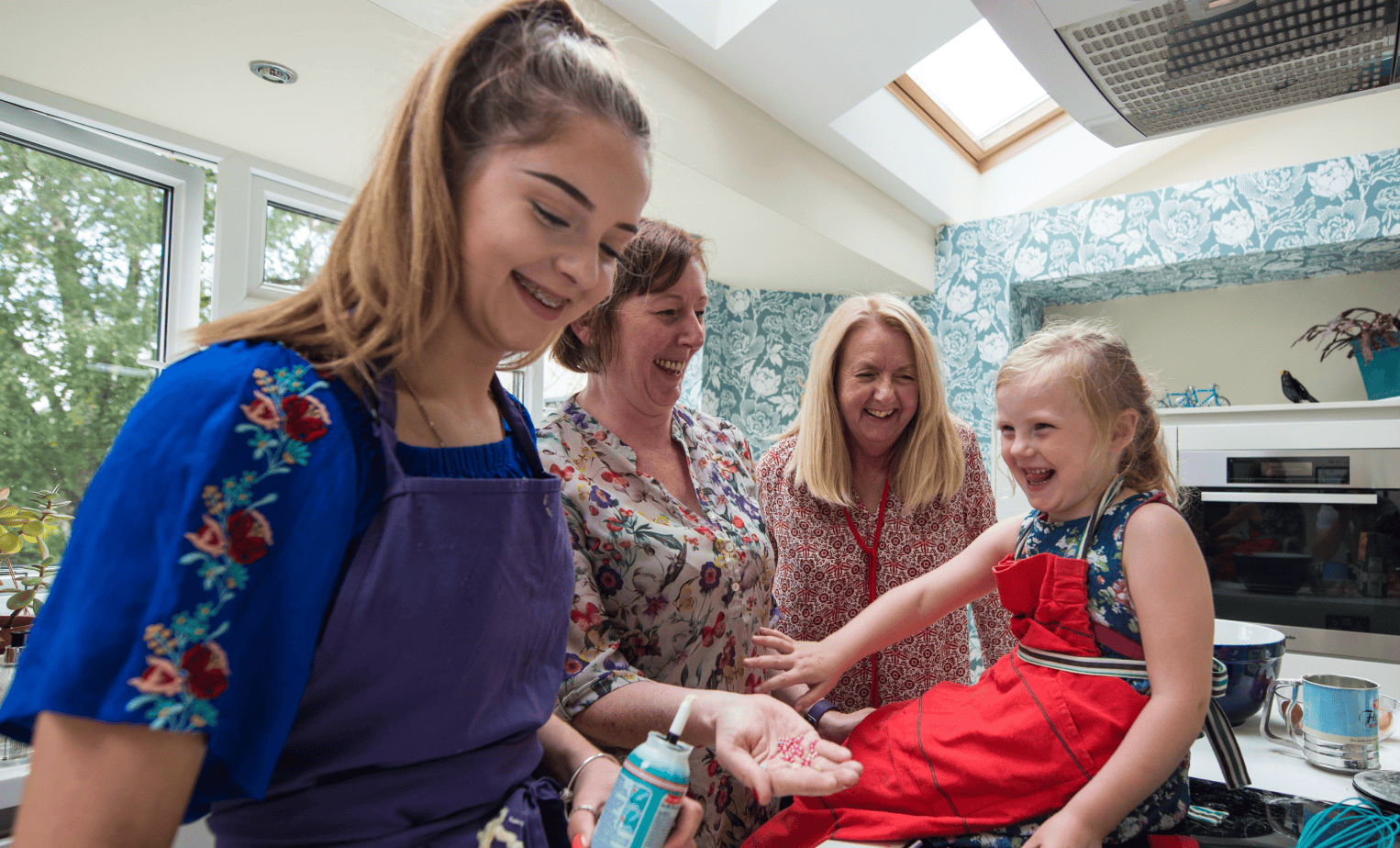The science of Toxic stress relates to the build-up of hormones as a result of repeated stress causing levels of toxicity which inevitably affects the way the body works, resulting in many physical illnesses which if known about earlier could potentially prevent physical health. “A child may not remember but clearly the body does”
Talking about the documentary film Resilience, the director, James Redford said “Think about a child who comes home and opens their front door and there’s a bear in the room, and the bear roars. The child’s adrenal glands begin to secrete cortisol. Blood pressure rises. Pupils dilate. Blood shoots from the stomach to the bigger muscles. This is a biological response to fear. The response of fight or flight. Now imagine that kid comes home every day. But when she opens the door, what she finds in the living room is not a bear but a mentally ill relative or a verbally abusive father or emotionally abusive parents or an unstable situation or no food or you don’t know where your parents are.” He goes on, “Your body will continue to have that biological response if you are in stress. But day after day, those chemicals – the adrenaline, cortisol, the process of high sugar, that whole response, changes the way your brain processes information. It affects the development of the organs on a cellular level. This continual exposure to stress wears the body down, makes the immune system not work as well, makes you more prone to cardiovascular disease, cancers and other immune disorders later in life.”
I think we would all agree that childhood is not meant to be like this, The impact on a young child of this level of hormone on a daily basis will inevitably impact on the health and well-being of a child but also much later when organs have been affected as an adult, leading to many disorders, including cancer.
We feel so strongly that all professionals involved in looking after the welfare of children should see this film we have acquired the rights to show it and we are screening the film Resilience as part of our first conference in Cambridge on the 22nd November. To my knowledge the film has not been screened before in Cambridgeshire so it is a premiere for Cambridge. Having seen this film I am shocked to hear that so many professionals involved in the education and care of children are unaware of ACEs and the documentary.
I hope we can reach people to engage them on the effects of trauma on a child and open further discussion about how we face this public health dilemma to improve well-being and educate how to better assess the impact of Adverse Childhood Experiences.
